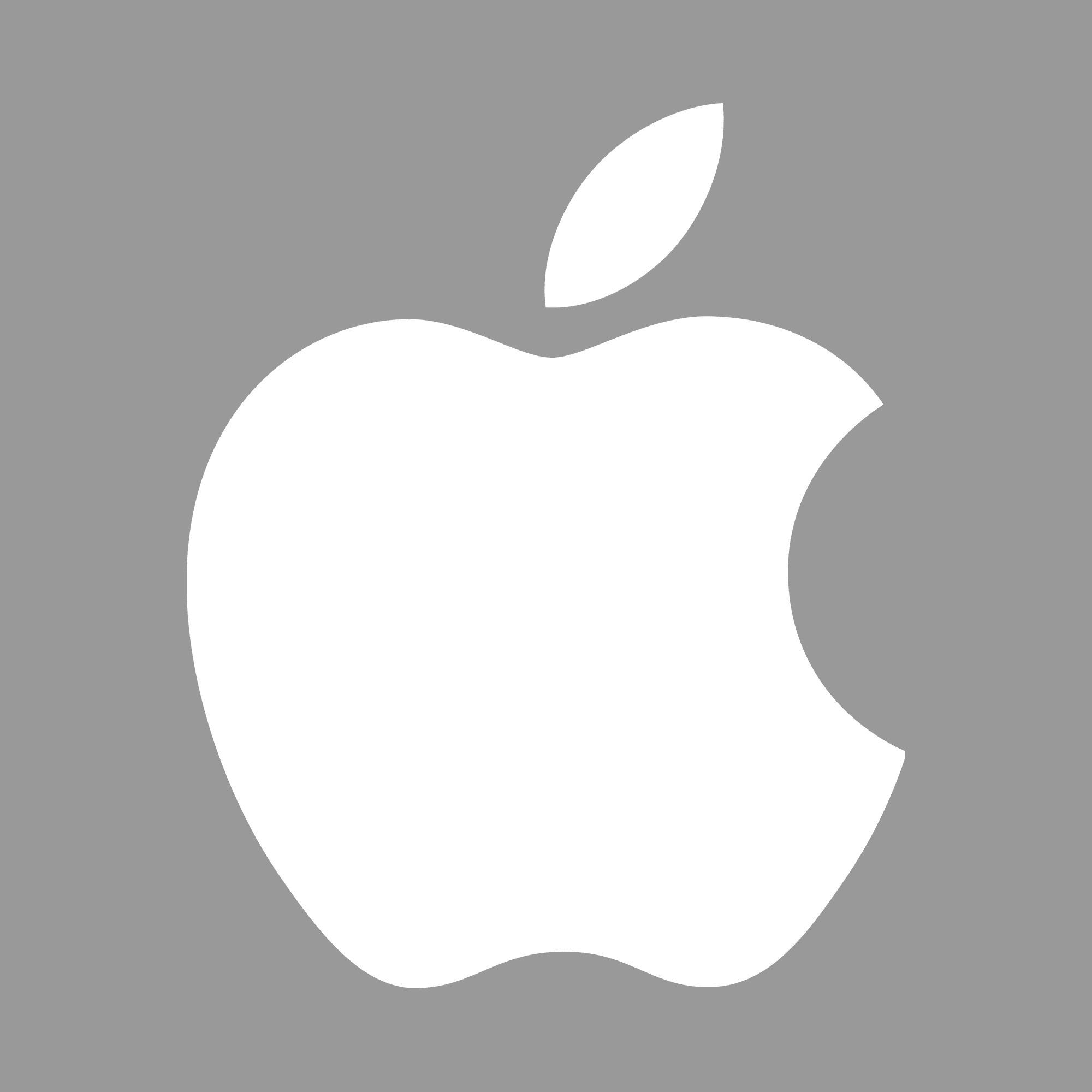While we have a little bit of a lull of late in tech, I had a few things I thought might be worth discussing, and each on their own merits wasn't necessary a whole article, but in their totality, they might be - so I am going to roll up a bunch of ideas together, and start a new special feature I'm going to call "Silicon Theories" - this will be the inagural September edition of what I hope to be a monthly thing. I'm going to collect of bunch of thoughts and ideas and submit them for your consideration.
- Google may introduce a home WiFi product along with the new Pixel phones - as well as the Google Home device announced at Google I/O earlier this year: October 4th is the day we expect Google's next big event to announce at the very least, the new Pixel phones "made by Google." The latest rumors have them potentially announcing and releasing two additional products: the Google Home device (a direct competitor to Amazon's Echo device) and something rumored to be called Google WiFi - a device or series of devices that will allow you to expand the WiFi coverage in your home to eliminate "dead spots" or weak coverage areas. We discussed a little bit about the Google Home product during our Google I/O podcast, and we both here think its going to be a winner (especially priced at the rumored $129) - but are the vast majority of the worlds homes ready to become "smart homes?" Amazon's Echo (and Dot as well) products leverage the Alexa personal assistant tech, and Amazon's own large ecosystem to make it relevant. There's also been a bit of a marketing push for Amazon of late, notably with celebrities like Alec Baldwin touting its impressive feature set. Will most of America find it just as easy to talk to Google Home and are we ready for our smart appliances to talk back to us? Google appears to be betting on a "yes" answer. The smart WiFi product could be a great boon as well, and as Google deals primarily in search, allowing people increased access to the internet using its own products and capturing their search results and other data only makes them a stronger player in both advertising and search itself. I personally don't mind handing over my data to our new Google/Alphabet overlords, but there are some who are leery of doing so (perhaps with good reason) - its all fun and games until Google Now becomes Skynet...but by then we're all doomed anyway.
- Apple is making changes other than removing headphone jacks from the iPhone - speaking of folks who are leery of handing over their data, this recent article from The Verge about Apple's increased push towards TouchID usage sparked an interesting monologue in my head. I first reviewed Apple's biometric log-in solution on the iPhone 5S I use through my employer. Its simple, fast, and easy to use. Its not foolproof however, and others who have both physical reasons for having flawless fingerprints and other personal reasons for choosing not to use it are going to reach a crossroads very soon (if they are Apple users at least, and even quite a few Android OEMs are moving this direction as well) - in an increasingly "short attention span, instant gratification" world, people want things faster and easier than ever before in history. We have faster mobile phones, tablets, and laptops; we have faster wired and wireless access to the internet. Someone at Apple clearly thought that typing in a secure password took too long and so they developed a way to unlock their devices (and subsequently use those same biometrics for things like payment systems a-la Apple Pay) using any available fingerprint. But as seen, there are basic levels of security that can only be accessed using a PIN or other alternative secure unlock method (after a reboot of your device for example, a biometric event is not accepted) - so those with a personal or physical desire to not use fingerprints might not be left out in the cold completely. But they may in fact be without access to certain additional features as we become increasingly more reliant on these biometric "conveniences" (Samsung even recently added a feature to implement retina scanning as a unlock method) and for those that won't or can't use them having to find other workarounds. And that is a shame.
- There are rumors starting to surface that Google is looking to fold its 2 different operating systems together, creating a hybrid OS that can run on any mobile phone, tablet, and laptop - blending Android (on mobile phones and tablets) and Chrome OS (on laptops referred to as Chromebooks) into one new system, code named "Andromeda." This has the potential to do many things for Google, not the least of which would be to put them in direct competition with a company like Microsoft, with Windows. As most know, Windows is the most used PC operating system in the world, and its not really even that close. The Android operating system is the most prevalent mobile OS in the world, and again, not really that close. There have been many developments in the laptop computing world of late, but one of the most significant was the ability for Chromebook to run certain Android apps - that's means that all your stuff in apps like Evernote can now be accessed via your laptop. That's almost Apple level integration there, and perhaps a future even exists where Microsoft's Windows is no longer the biggest driver of our PCs and mobile devices. The future for Alphabet/Google could be very bright indeed.

So there you have the Silicon Theories - September edition. Feel free to let us know what things are on your mind in the comments below, or hit us up at silicontheory@gmail.com - thanks for reading!
Cheers!



No comments:
Post a Comment